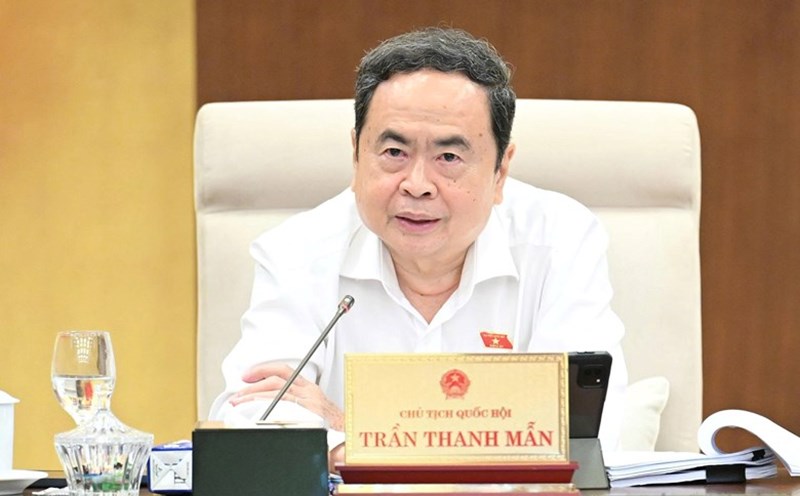On October 1, the National Assembly Delegation Conference (NAD) gave opinions on 7 laws, including the Law on Civil Servants (amended).
Giving his opinion on the discussion, delegate Thach Phuoc Binh (Vinh Long National Assembly Delegation) said that the draft law has expanded the scope of salary sources not only from the salary fund of public service units but also including other legal sources of income.
This is an important step forward to create conditions for civil servants to enjoy more diverse income. However, the draft law does not clearly state the mechanism for transparent allocation of revenue sources as well as how to ensure the rights of civil servants working in units with different conditions.
Regarding civil servant management, the bill recognizes the principle of empowerment associated with accountability and encouragement of civil servants to innovate.
"These are progressive regulations, however, there is still a lack of a mechanism to protect civil servants in case of innovation but the results are not as expected" - delegate Binh said. And he said that in reality, many officials are afraid of risks and innovation because they are afraid of being held accountable.
Therefore, it is necessary to legalize the mechanism for exemption and reduction of responsibilities for civil servants who dare to think and act for the common good but the results are not successful.
Regarding the things that civil servants are not allowed to do, the bill adds a provision prohibiting the posting, dissemination, and statement of false information.
According to the delegate of Vinh Long delegation, this is a necessary regulation in the digital age to prevent behavior that affects the reputation of agencies and the state.
However, the concept of misinformation in the draft law has not been specifically explained, easily leading to arbitrary understanding and application, and even limiting legal freedom of speech.
Regarding salaries and bonuses, the draft law emphasizes "associating income with results and work efficiency, in line with the trend of paying salaries according to job positions". However, the draft has not clarified the bonus mechanism, and has not clearly distinguished between basic salary and additional income.
The delegate said that if there are only general regulations, it will be difficult for units to build transparent internal spending regulations, which can easily lead to complaints and disputes.
Regarding the right to participate in professional contracts and business activities, the draft allows civil servants to sign labor contracts, participate in the management and operation of non-public enterprises if not illegal.
Delegate Binh is concerned about this regulation, if not strictly controlled, it will lead to conflicts of interest when civil servants can take advantage of their positions to serve personal interests.
Therefore, the delegate proposed to clearly define the list of fields and professions that civil servants are allowed to participate in, and at the same time requested transparent reporting and supervision by the management unit.
Regarding civil servant recruitment, the bill changes the recruitment basis according to job positions, salary funds and legal sources, instead of relying only on professional titles as in current law.
Delegate Thach Phuoc Binh emphasized that this is an important change, helping to select close to actual needs. However, the recruitment process is still heavy in administrative procedures, not flexible enough to attract talent.
Commenting on the Law on Public Employees (amended), delegate Nguyen Van Manh (Phu Tho National Assembly Delegation) said that regarding the appointment, secondment, resignation, dismissal, and removal of public employees, the draft law stipulates that public employees are appointed to hold management positions by decision of competent authorities, but it does not clearly stipulate which authority level is competent.
The delegate mentioned that public service units and commune-level education units are still unclear who is appointed to this position. The drafting committee needs to study carefully to specify the decentralization of appointments for leaders managing public service units.











